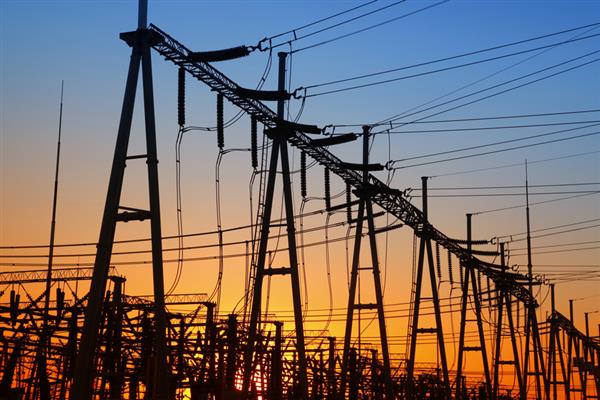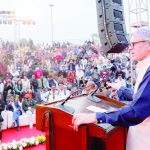Srinagar, Nov 23: Jammu and Kashmir is facing a large gap between power generation and demand with UT producing only 200 MW of electricity locally, while the total supply required is 2,300 MW.
Speaking to Rising Kashmir, Principal Secretary Power Development Department Rajesh Prasad said that J&K’s power generation currently stands at 200 megawatts, with an overall supply of 2,300-2,400 megawatts being maintained to meet demand, primarily through purchases from outside the UT.
Prasad said that despite limited local generation, efforts are going on to improve power supply reliability during the winter season.
He said that the lower winter generation is due to reduced water flow in streams and canals, which directly impacts the hydropower potential.
Prasad said, “The recent snowfall will not immediately affect power generation, as snow takes time to melt and contribute to water levels in the dams. The process typically requires sustained sunlight to initiate the melting.”
He added that water inflows from rain and melted snow are gradual and will have a more significant impact during the summer months.
“Winter Power Generation at 200 MW, Peaks at 1,100 MW in Summer. Our current power generation is 200 megawatts, which is typical for this season. During peak summers, generation increases significantly, reaching up to 1,100 megawatts for about 15 to 30 days,” he added.
He further said that a revised curtailment schedule will soon be announced to manage winter demand, but it will be better than previous years.
Prasad said that solar energy is gaining popularity in J&K, and many people have applied for installations. He said,“The scheme operates on a first-come, first-serve basis, and once beneficiaries deposit their share, they receive a subsidy.”
He emphasized the need for more awareness about the solar program and its benefits, encouraging residents to participate actively.
He said that routine inspections to check for power theft and misuse are ongoing, especially in the winter season when consumption typically rises.”
Prasad said that metered consumers are more likely to regulate their usage, whereas unmetered households often overconsume, necessitating enforcement actions.
Prasad said that despite challenges, they are determined to ensure a stable and reliable supply while promoting renewable energy sources like solar power to reduce dependency on external purchases.
With proactive measures and public cooperation, the PDD aims to make J&K’s power supply more efficient and self-sustaining in the long term, he added.









